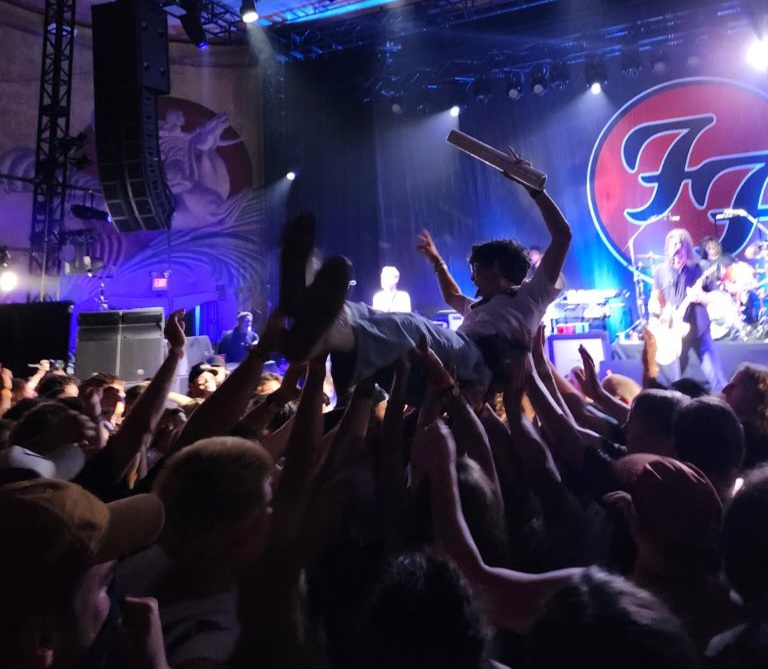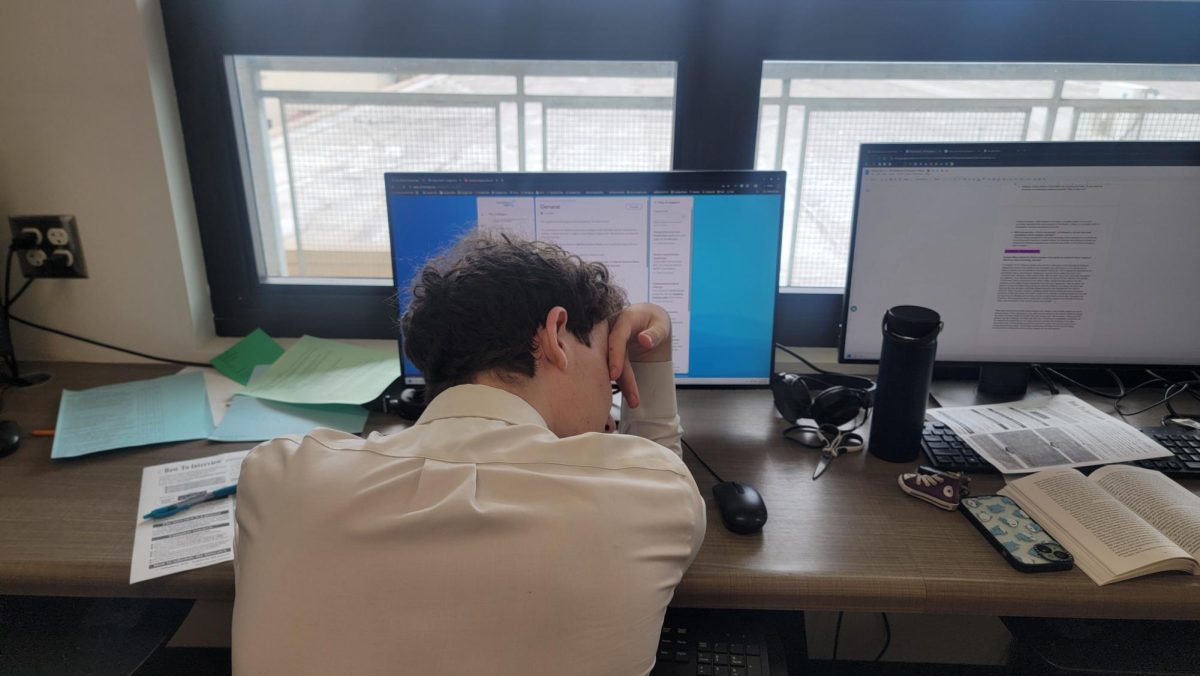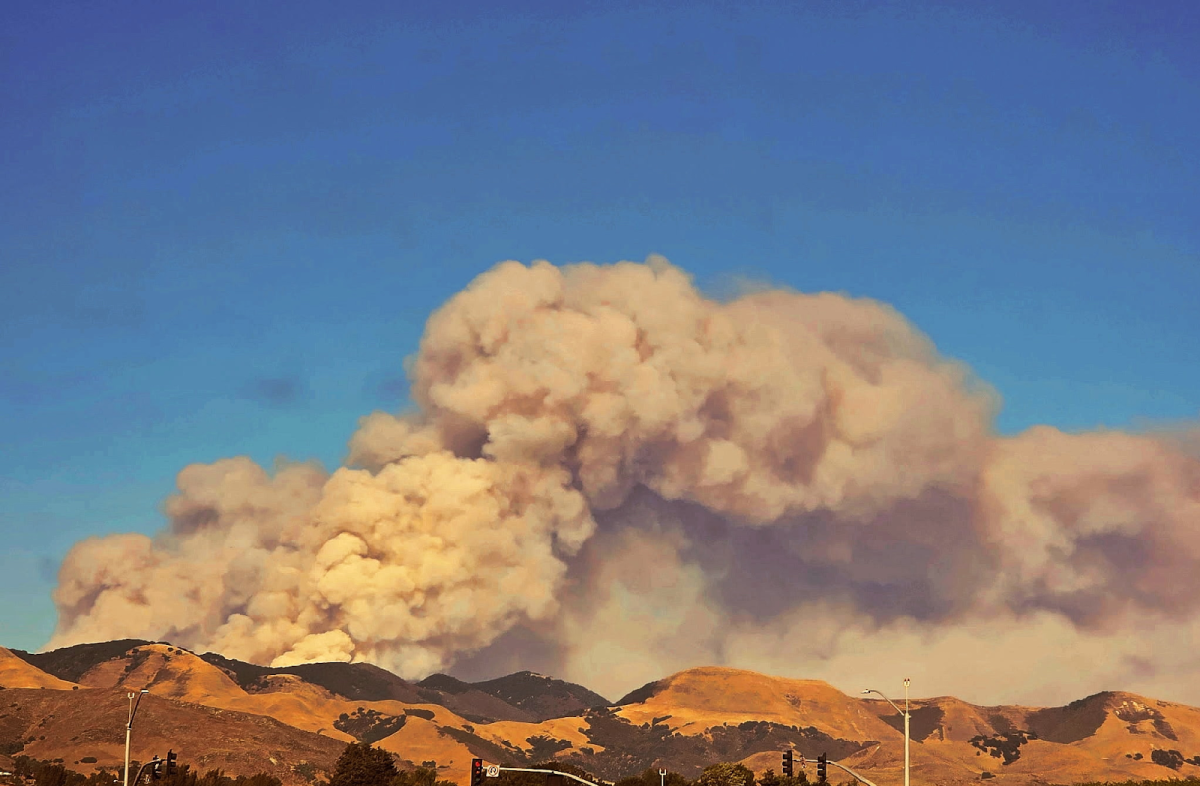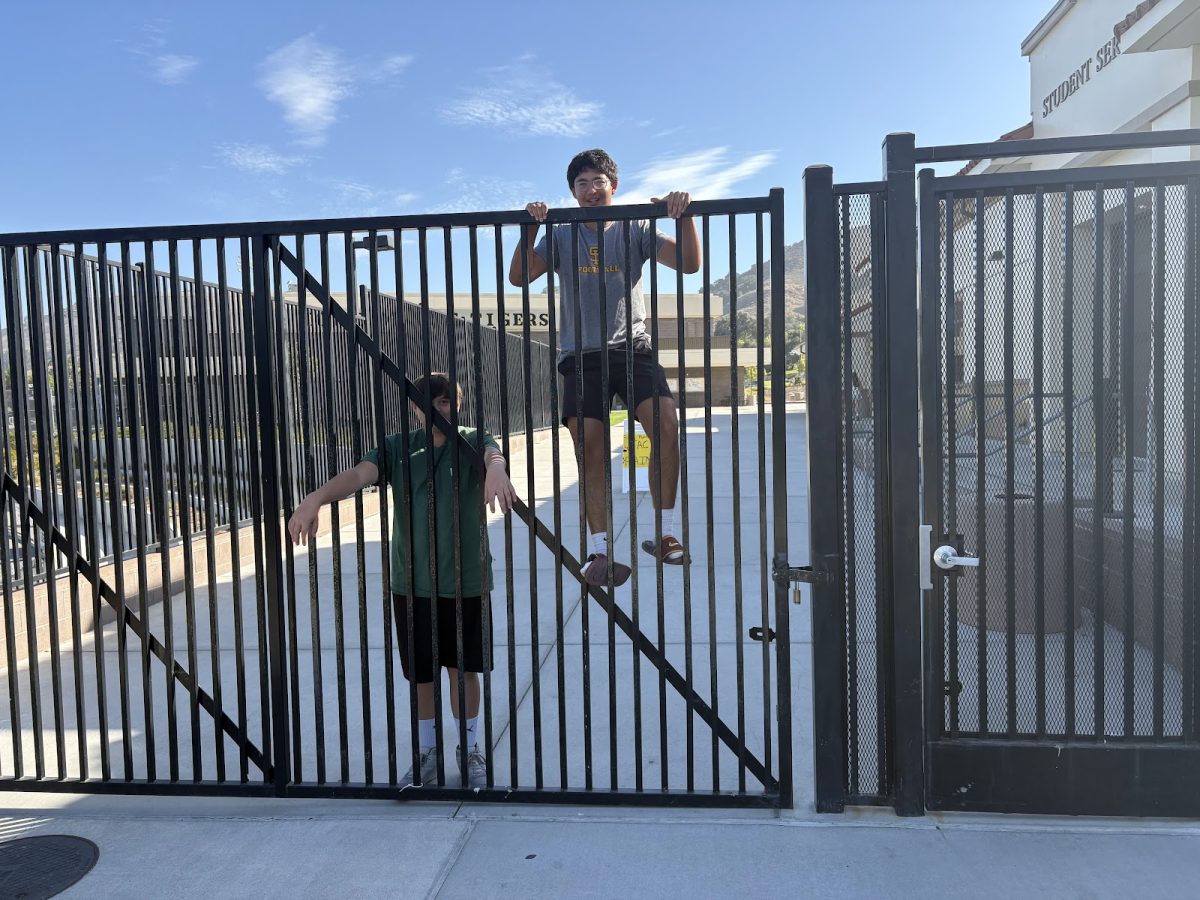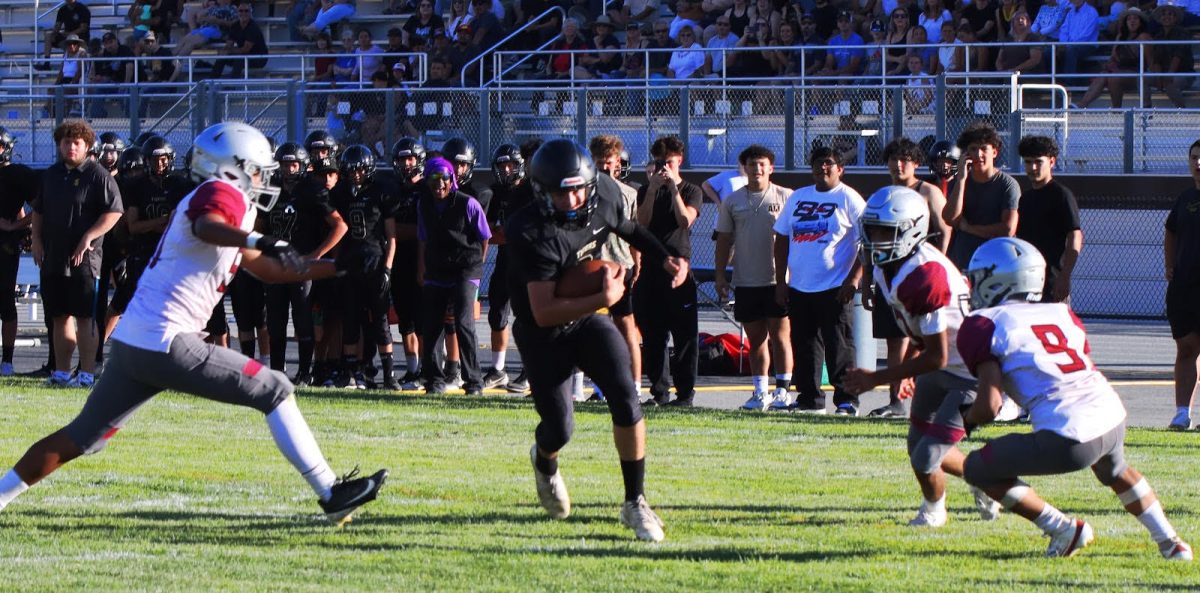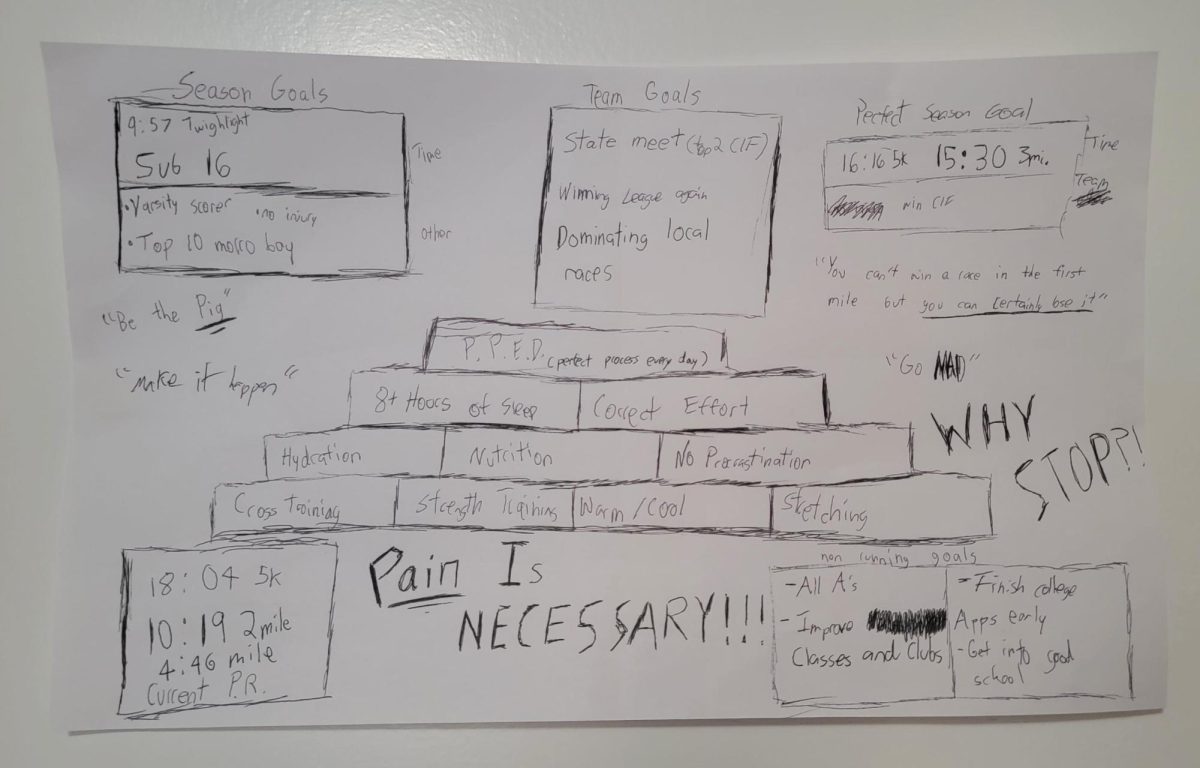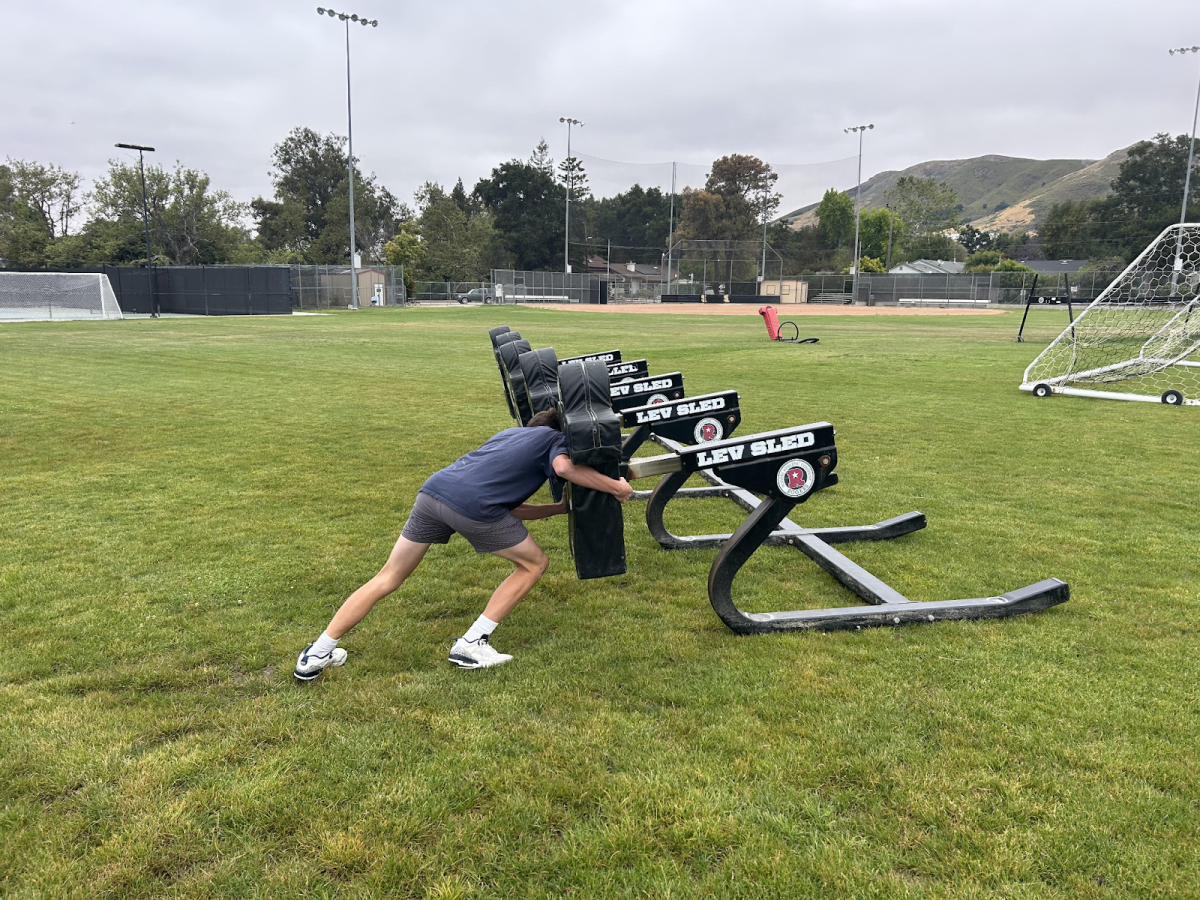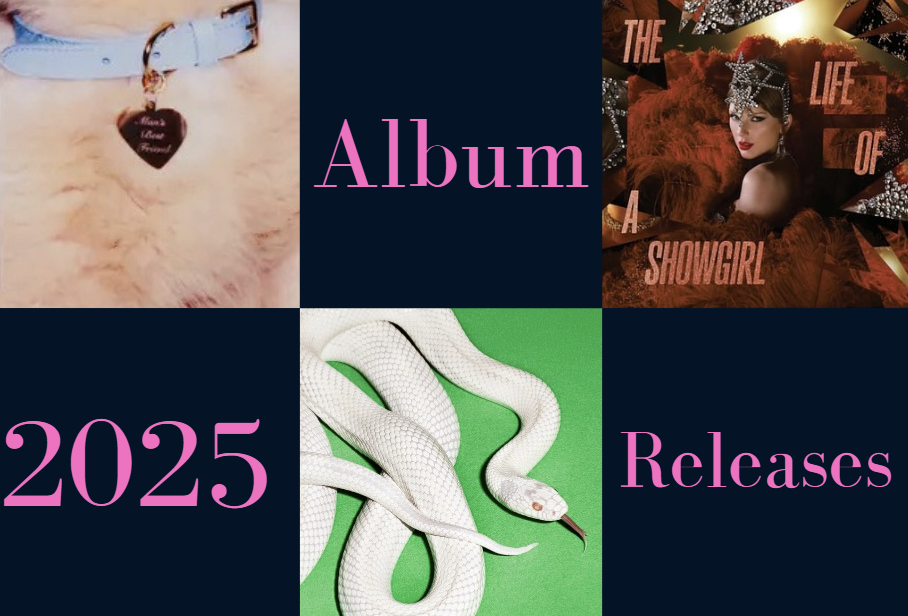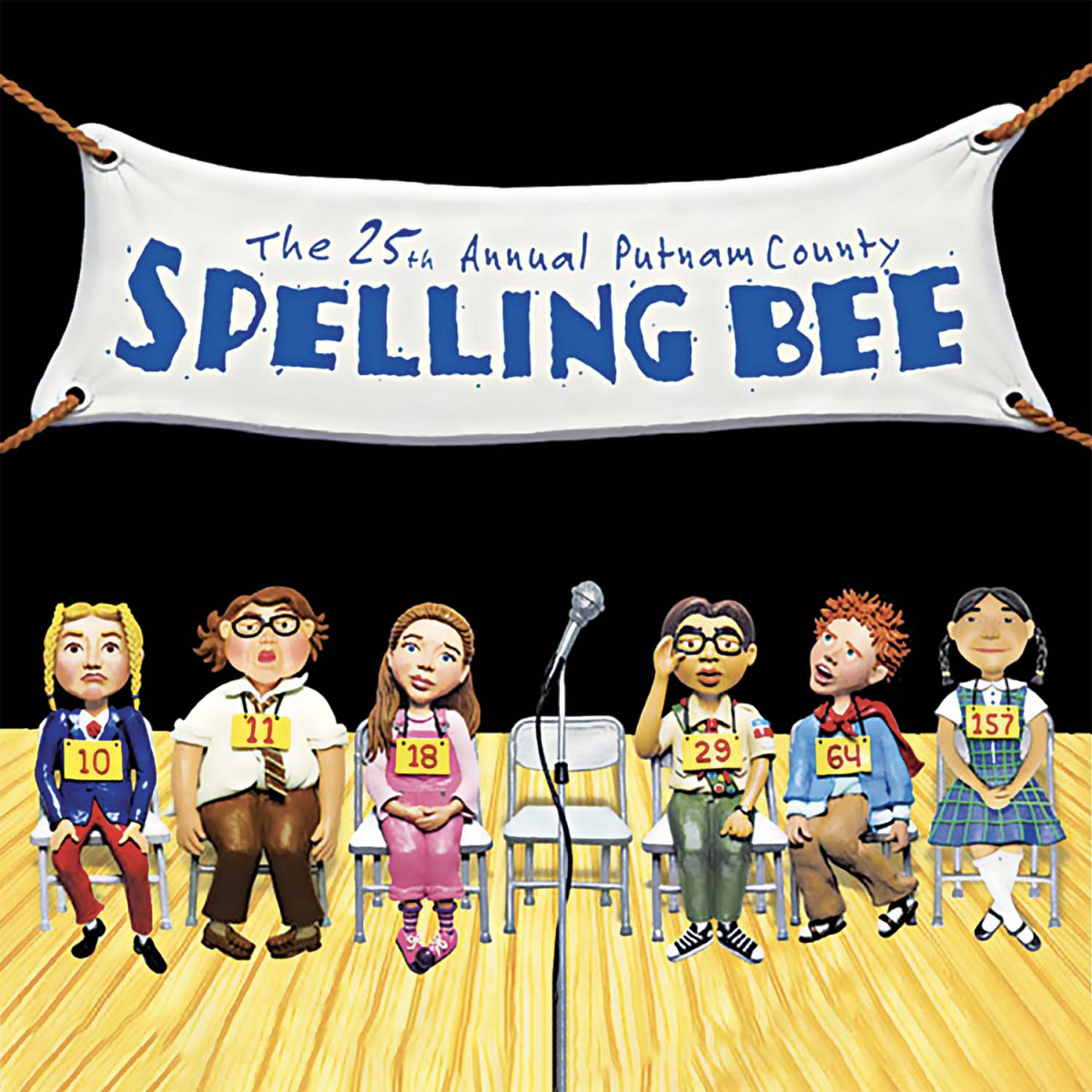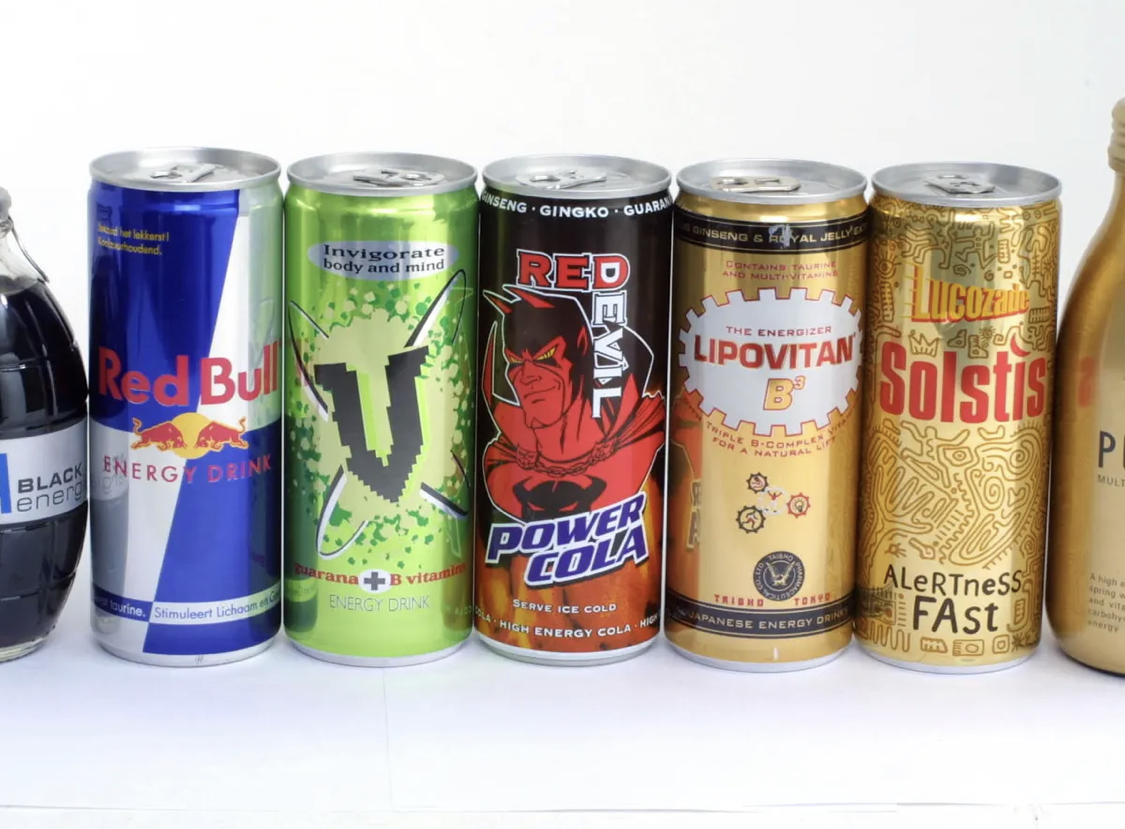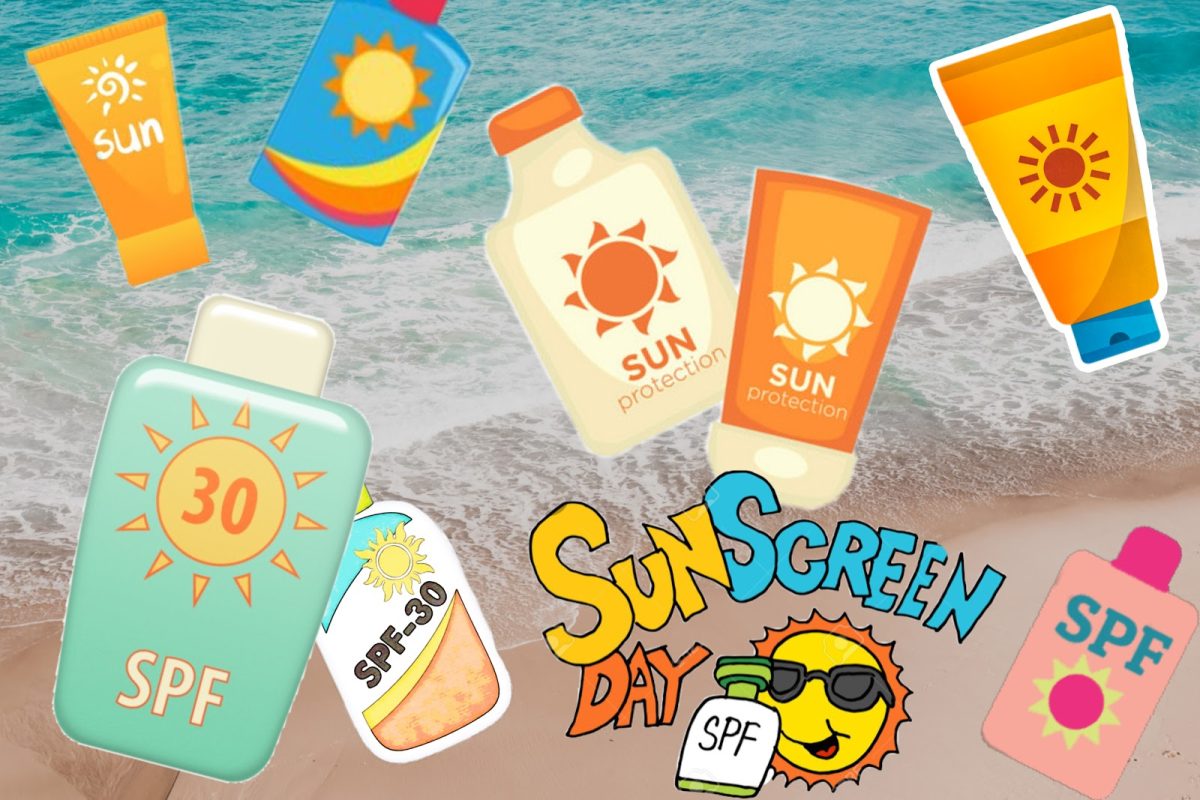Photo courtesy of The Guardian
When San Luis Obispo High School students leave campus at lunch to go to Smart and Final, energy drinks are almost always on the shopping list. Energy drinks, the most popular brands being Red Bull, Monster Energy, and Bang, have been growing in popularity in recent years due to stimulant compounds such as caffeine that boost mental and physical energy levels.
“It makes me more productive, especially as someone with ADHD (attention-deficit/hyperactivity disorder). It definitely helps with that, especially long nights and things like working on projects,” said sophomore Garret Juretic.
Along with productivity, many claim energy drinks help with focus.
“They help me focus because if I don’t have energy in my system, I’m tired, and because of that, I can’t process things. If I have energy it helps my mind process stuff easier,” said sophomore Sophia Aguilera.
Despite these positive aspects, there are many downsides to energy drinks, including the addictive aspect of caffeine that many experience with other caffeinated beverages such as coffee.
“I drink Monster once a day, maybe twice. I probably spend around 100 dollars on it per month,” said Aguilera.
Furthermore, excess caffeine can have negative effects, such as mood swings.
“I think sometimes it can affect my mood and behavior negatively. Especially when I take them late, I sometimes get that effect,” said Juretic.
The health effects of energy drinks are a major concern to many, as well. Energy drinks tend to be marketed towards a younger audience, despite health concerns for smaller developing bodies.
According to the Harvard T.H. Chan School of Public Health, “Emerging evidence has linked energy drink consumption with negative health consequences in youth like risk-seeking behaviors, poor mental health, adverse cardiovascular effects, and metabolic, renal, or dental problems.” These effects are especially concerning to students that consistently partake in athletic performance and risk-taking behaviors such as mixing energy drinks and alcohol.
“There’s days where I’ve had too many. Then I get really nervous, because it only takes three to give you a heart attack, so the health risks and being irresponsible are worrying,” said Aguilera.
These risks are important to consider when choosing to drink highly caffeinated beverages such as energy drinks. It is up to students to determine if the potential risks are worth the benefits that caffeine provides.
Source – https://www.hsph.harvard.edu/nutritionsource/energy-drinks/

